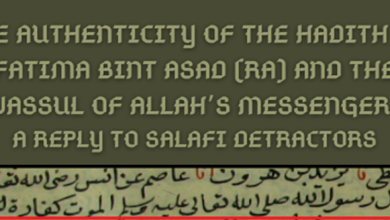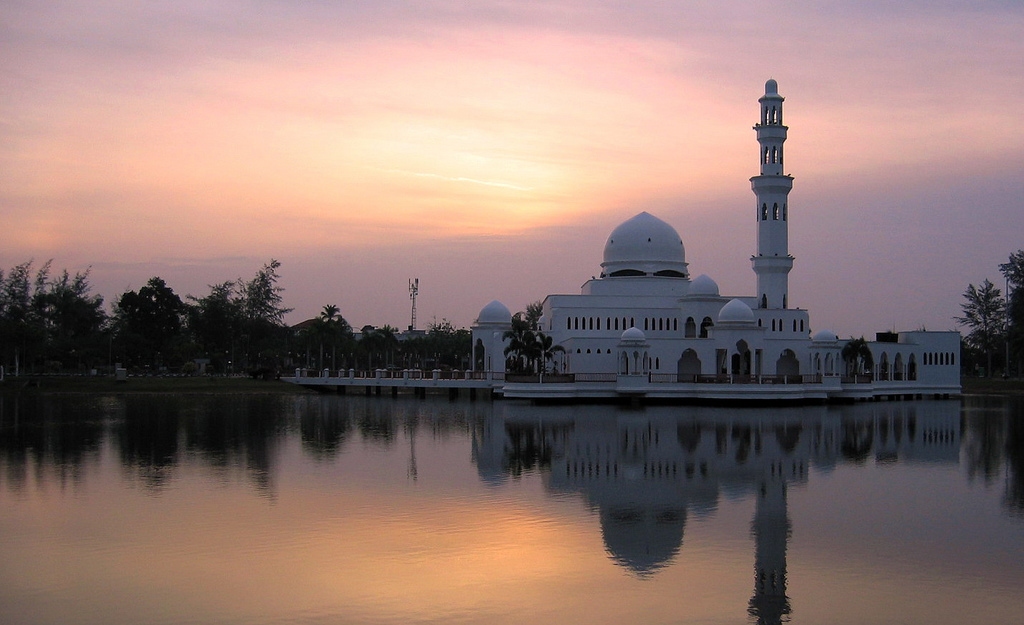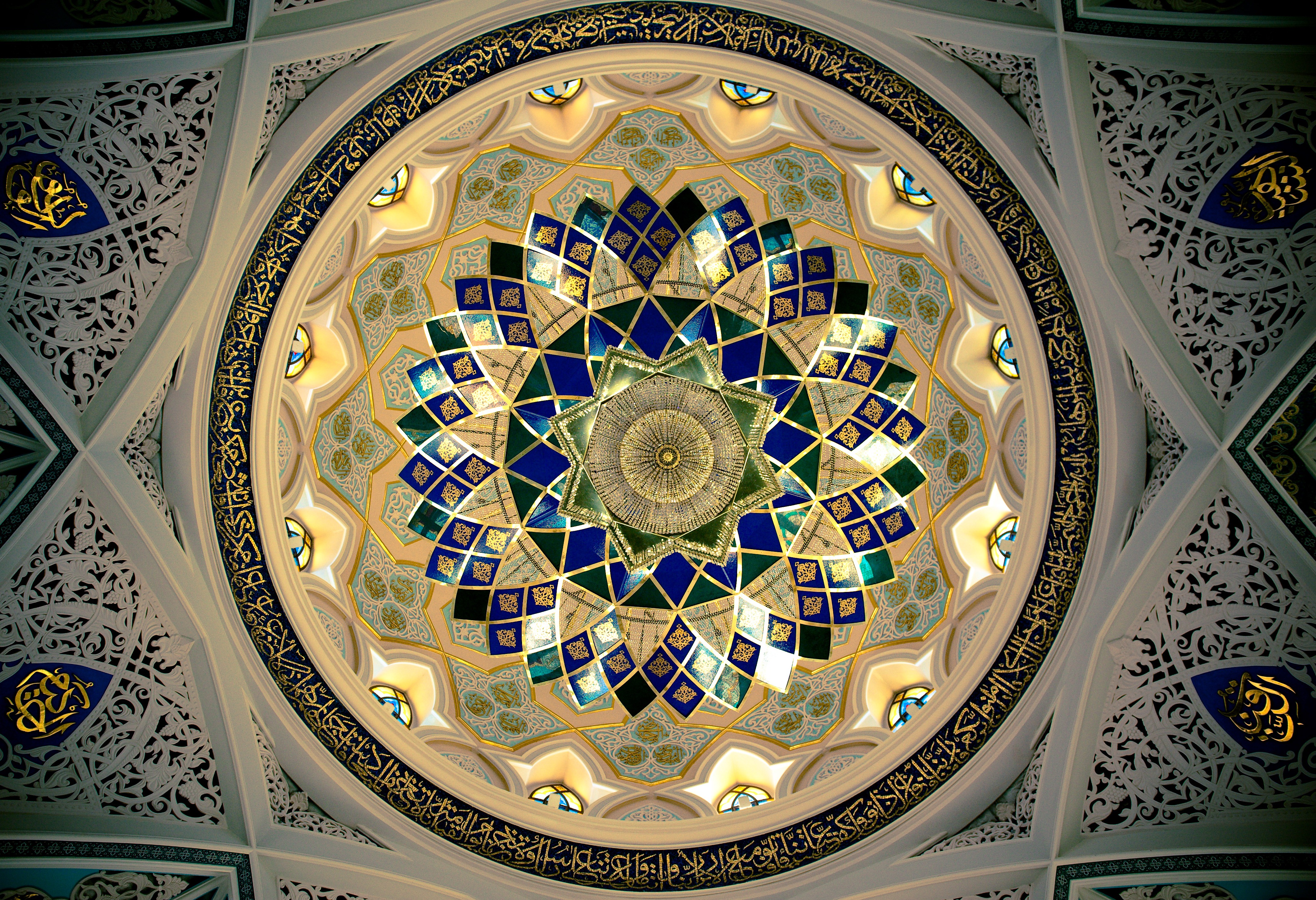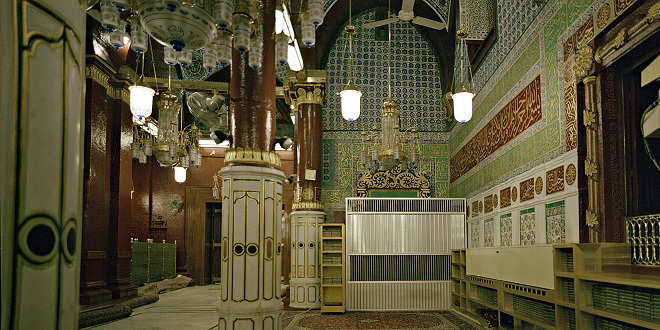Reflections on Ramadan
As we enter Ramadan once again the following is a succinct list of reminders connected to this blessed month:
1) It takes place in the 9th Islamic month
2) Fasting is performed from the start of Fajr time (true dawn) till sunset
3) Taraweeh is performed in congregation at night with 20 rak’ats or by oneself. The evidences for 8 rak’ats are weak or misquoted from their right context
4) The Qur’an was first revealed in this month (on Laylatul Qadr)
5) The Night of Qadr is in one of the last 10 odd nights and it is better than 1000 months.
6) The Conquest of Makkah took place on the 10th of Ramadan
7) Zakah is calculated for distribution for those who it is incumbent on
8) I’tikaf is performed in the last 10 nights for those who wish to do so
9) The battle of Badr took place on the 17th of this month
10) The great Sahabi Ali (ra) was said to have been martyred on the 21st of this month
Allah the Almighty said:
“O you who believe, fasting is prescribed for you as it was prescribed for those before you that you may achieve Taqwa.” (V. 2:183)
Fasting is one of the 5 pillars of Islam
i) It helps to purify the body
ii) Build self discipline, patience and sincerity
iii) Give up bad habits
iv) Feel unity with fellow Muslims
Some narrations pertaining to the etiquettes of Ramadan:
Narrated Sahl:
The Prophet (sallallahu alaihi wa sallam) said, “There is a gate in Paradise called Ar-Raiyan, and those who observe fasts will enter through it on the Day of Resurrection and none except them will enter through it. It will be said, ‘Where are those who used to observe fasts?’ They will get up, and none except them will enter through it. After their entry the gate will be closed and nobody will enter through it.” (Bukhari, 3/120 and Sahih Muslim)
And the Prophet (peace and blessings of Allah be upon him) said: “Saum (fasting) is a shield from Hell-fire.” (Bukhari and Muslim)
He – sallallahu alaihi wa sallam also said: “Whoever observed fasting in Ramadan with perfect faith and seeking reward, he will have his previous sins forgiven.” (Bukhari and Muslim)
“Whoever stood to pray (Tarawîh) in Ramadan with perfect faith and seeking reward, he will have his previous sins forgiven.” (Bukhari and Muslim)
In Ramadan we should try to do at least the following:
i) Recite the whole Qur’an at least once
ii) PrayTaraweeh in Jama’ah or individually with a full 20 rak’ats
iii) Pray 5 times a day consistently
iv) Be well mannered and give up evil speech and backbiting.
The Prophet (sallallahu alaihi wa sallam): “If one of you is fasting, he should not use obscenity that day nor shout; and if someone speaks abusively or wants to fight with him, he should say: ‘Verily I’m fasting, verily I’m fasting’(Bukhari and Muslim)
Allah’s Messenger (sallallahu alaihi wa sallam) said: “Whoever does not abstain from deceitful speech and actions, Allah is not in need of him leaving his food and drink.” (Bukhari)
v) Give charity (sadaqa) and Zakah for those it is obligatory on
vi) Kept your tongue moist with the Dhikr of Allah
Allah the Almighty says in a Hadith Qudsi:
“Every good deed of the son of Adam is multiplied in reward 10 to 700 times except for fasting, for it is for Me and I will grant the reward for it, he leaves his passion and his food for My sake. The fasting person has two moments of happiness: One moment when he ends his fasting for the day (Iftâr) and the other when he meets his Rabb (Cherisher and Sustainer). And the smell which issues from the mouth of the fasting person is more pleasant to Allah than the smell of musk (fragrance).” (Bukhari and Muslim)
Ending the fast (Iftâr), supplication, and the predawn meal (Sahûr):
1. The Prophet (sallallahu alaihi wa sallam) said: “When one of you breaks the fast, he should do so with dates, because it is blessed. If he couldn’t get dates, then (break your fast with) water, because it purifies.” (Tirmidhi).
2. The Prophet (sallallahu alaihi wa sallam) used to say at the time of Iftâr: “O Allah I kept the fast for You, and with Your sustenance I am breaking (my fast). The thirst is gone, and the veins replenished, and the reward is confirmed, if Allah wills,” (Abû Dâwûd)
3. And the Prophet (sallallahu alaihi wa sallam) said: “The people will continue to be in welfare as long as they hurry to Iftâr (break fast after the sun sets).” (Bukhari and Muslim)
4. And the Prophet (sallallahu alaihi wa sallam) said: “Take Sahûr before dawn, for verily in the Sahûr there is blessing”. (Bukhari and Muslim)
Laylatul Qadr
Among the unique virtues of these special nights is that Laylat al-Qadr is among them. Allah says in Suratul Dukhan 44: 1-4:
1-Ha-Mim.
2- By the Book that makes things clear
3- We sent it down during a blessed night: for We (ever) wish to warn (against Evil).
4- In that (night) is made distinct every affair of wisdom
In Sura al-Qadr (97: 1-5), Allah said:
1- We have indeed revealed this (Message) in the Night of Power:
2- And what will explain to thee what the Night of Power is?
3- The Night of Power is better than a thousand Months.
4- Therein come down the angels and the Spirit by Allah’s permission, on every errand:
5- Peace! This until the rise of Morn!
On the night of Qadr:
“Therein (that night) is decreed every matter of ordainments” [Sura al-Dukhan 44:4 ], i.e., the affairs of that year are dispatched from al-Lawh al-Mahfuz to the angels who record the decrees: who will live, who will die, what provision people will be given, what will happen until the end of that year, every matter of ordainments is decreed, and it cannot be altered or changed. (See Tafsir Ibn Kathir, 4/137, 138). All of this is already known to Allah before it is even written down, but He makes known to the angels what is to happen, and commands them to do whatever they are enjoined to do. (Sharh Sahih Muslim li’l-Nawawi, 8/57).
Hadiths:
According to a Hadith narrated by Abdullah Ibn ‘Abbas (may Allah be pleased with them both), the Prophet (peace and blessings of Allah be upon him) said: “Seek it in the last ten days of Ramadan, when there are nine days left, and seven days left, and five days left.” (Narrated by al-Bukhari, 4/260).
The Prophet (peace and blessings of Allah be upon him) said: “Seek Laylat al-Qadr in the last ten days of Ramadan.” (Bukhari, 4/259)
Laylat al-Qadr is more likely to be in the last seven days.
Ibn ‘Umar (may Allah be pleased with him) reported that a man among the companions of the Prophet (peace and blessings of Allah be upon him) was shown Laytal al-Qadr in a dream, and that it was one of the last seven nights. The Messenger of Allah (peace and blessings of Allah be upon him) said: “It seems that your dreams agreed that it is one of the last seven nights, so whoever wants to seek it, let him seek it in the last seven nights.” (narrated by al-Bukhari, 1911; Muslim, 1165). Muslim reported: “Seek it in the last ten nights, and if any of you are weak or unable to do that, then let him not miss the last seven.”
Peace and blessings be upon Muhammad






Assalamu alaikum wa rehmatullahi wa barakatuhu. Dear Shykh,
May Allah subhanhutaala reward you for your efforts.
The article on Ramdhan is excellent, shykh I wish if rather than putting agreed upon after hadith if u can give reference tht will be wonderful wanted to pass ur msg to friend’s but u know how things r in our times plp wany reference to believe.
Pls dont take me wrong ur website has helped me to come out of gair muqallid fitna.
Wassalam
nayee m
Excellent Shykh..JazakAllah khyran kaseera. Shukran…